Choosing the right weapon for your hunt can make a significant difference in your success and overall experience. For beginners, one common question often arises: should I opt for a crossbow or a compound bow?
Both options have their advantages and it ultimately depends on your personal preferences and hunting style.
In this blog post, we will explore the advantages of both the crossbow and the compound bow, helping you make an informed decision that suits your needs. Whether you are a beginner or an experienced hunter, understanding the benefits of different types of bows will enable you to make the best choice for your hunting endeavors.
Understanding Crossbow & Compound Bow
🏹Crossbows
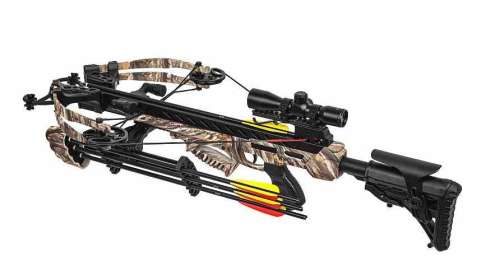
- Purpose: Crossbows are primarily used for hunting and target shooting. They offer a different shooting experience compared to traditional bows, as they are held horizontally and fired using a trigger mechanism.
- Bow Design: Crossbows have a unique design that includes a horizontal limb assembly and a stock or handle at the center. This design allows for a more stable and accurate shot.
- Cocking Mechanism: To load a crossbow, a cocking mechanism is used to draw the string back and set it in place. This can be done manually or with the help of a cocking device, which reduces the effort required to cock the bow.
- Distinct Appearance: Crossbows have a distinct appearance with their stock and limb assembly. They often have a scope or sight mounted on top for improved accuracy.
🏹Compound Bows
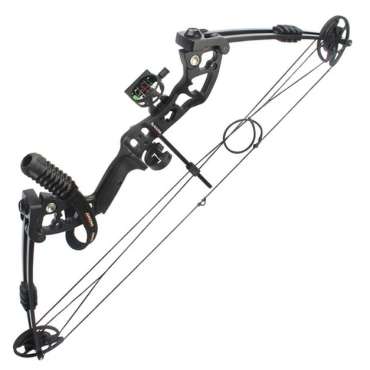
- Purpose: Compound bows are versatile and can be used for hunting, target shooting, and competition. They offer a smooth draw and high arrow speeds, making them popular among archers of all levels.
- Bow Design: Compound bows have a pulley system known as cams that allow for a let-off at full draw. This means that the archer can hold the bowstring at full draw with less effort compared to other types of bows.
- Cocking Mechanism: Unlike crossbows, compound bows do not require a separate cocking mechanism. Instead, the archer uses their strength to draw and hold the bowstring.
- Distinct Appearance: Compound bows have a compact and sleek design. They often feature parallel limbs and various accessories such as stabilizers, sights, and arrow rests.
Comparison: Crossbow vs Compound Bow
| Power and Speed Comparison
|
The crossbow typically has a higher draw weight and can generate more kinetic energy, resulting in faster arrow speeds and greater penetrating power | Compound bows often have a higher let-off, which means less physical exertion is required to hold the bow at full draw. |
| Accuracy and Precision
|
Crossbows have a stock and trigger system that provides a more rifle-like shooting experience, which some archers find easier to aim. | The design of a compound bow, with its cams and pulleys, allows for a more consistent and smoother draw cycle, which can contribute to improved accuracy. |
| Ease of Use | Crossbows, on the other hand, are generally easier to cock and require less practice in terms of proper form and technique. | Compound bows tend to be more user-friendly for beginners. They often have adjustable draw lengths and weights, making them easier to customize to the shooter’s preference. Compound bows also require less physical strength to hold at full draw compared to crossbows |
| Portability and Maneuverability | When it comes to portability and maneuverability, crossbows have an advantage. They are typically more compact and easier to transport due to their shorter length and ability to be disassembled. | Compound bows, while still relatively portable, require a longer axle-to-axle length for optimal performance, which can make them slightly bulkier. |
| Legal Considerations and Regulations | ● Crossbow regulations vary by jurisdiction, with some treating them like firearms and others like traditional bows.
● Specific rules often exist for crossbow hunting, including permitted game, seasons, and the need for permits or licenses. |
● Compound bows are generally treated like traditional bows in many areas.
● Regulations may include hunting restrictions, age requirements, and, in some cases, the need for permits or licenses. |
👍Advantages of Crossbow
- One advantage of a crossbow is its ease of use.
- It operates similarly to a gun, with a trigger mechanism that allows for easy aiming and shooting.
- Crossbows also tend to be more accurate than compound bows, making them a good choice for beginners who are just starting out in archery or hunting
Disadvantages of Crossbow
- Crossbows can be heavier and bulkier than compound bows, which can make them more difficult to carry and maneuver in certain hunting situations.
- Comparatively slow rate of fire.
👍Advantages of Compound Bow
- On the other hand, Compound bows offer a higher level of power and speed compared to crossbows.
- They use a system of pulleys and cables to store and release energy, resulting in a faster arrow speed.
- Compound bows are also more compact and lightweight, making them easier to carry and handle in the field.
- The draw weight and let-off of a compound bow can also be adjusted to fit the individual shooter’s preferences, allowing for a more customized shooting experience.
Disadvantages of Compound Bow
- Compound bows require more practice and skill to shoot accurately.
- Drawing a compound bow with fingers increases the risk of torquing the bowstring, leading to potential derailment from the cams.
Review About Crossbow vs Compound Bow
Now, let us find out some truths about these two types of bows and see what hunters say about them so that you will know which one is best for you.
Reviews of Crossbow
- Some hunters express concerns about the longer time it takes to make follow-up shots with crossbows, especially for those that aren’t quick-loading models.
- Many hunters believe that crossbows are a great option for beginners. They’re easier to shoot and require less strength and practice than compound bows.
- Crossbows also tend to be more accurate than compound bows, making them a good choice for beginners who are just starting out in archery or hunting.
- While crossbows may be easier to shoot compared to compound bows, it’s still important to practice with your crossbow to get comfortable and accurate, just like with any other hunting tool.
- Many hunters suggest upgrading the arrows that come with crossbows because using good-quality arrows can significantly improve consistent accuracy.
- There are state-specific restrictions on crossbow usage for hunting; for example, in New Mexico, it may be limited to disabled veterans.
Reviews of Compound Bow
- In the archery community, using a crossbow is sometimes viewed as “cheating,” as it requires less practice compared to traditional bows. Compound bows are considered more challenging and require regular practice.
- Compound bows offer a mix of convenience and art, requiring daily practice during the season.
- They are seen as tools that demand skill and discipline, while crossbows are often perceived as hunting tools without the same learning curve.
- If you’re a beginner, you should start with a lower draw weight to develop proper form and technique. A good starting point is around 50 pounds. This will help you focus on your shooting form without straining your muscles too much.
- Bows with longer axle-to-axle lengths and higher brace heights tend to be more forgiving, so keep an eye out for those features.
- Look for a lightweight design, comfortable grip, and a smooth draw cycle.
- Some hunters prefer compound bows for the challenge, feeling that the primitive and quiet nature of these bows enhances the hunting experience.
Which Bow Should Hunters Choose?
The decision between a compound bow and a crossbow often comes down to personal preference, with some hunters favoring the increased challenge and satisfaction of archery over the potential advantages of a crossbow.
Crossbows are often perceived as more user-friendly for beginners because they don’t require the same level of physical strength to hold and draw.
The learning curve for crossbows is generally considered less steep than that for compound bows. However, practice is still essential for accuracy and safe use. Beginners may find it quicker.
Compound bows are generally considered to require more practice for accuracy, compound bows offer a balance between ease of use and the challenge of mastering proper form and technique. As a beginner, you can also use compound bows starting with lower draw weights and gradually increasing as they build strength and skill. Both compound bows and crossbows require practice for accuracy and proficiency, but the learning curve may be perceived as steeper for compound bows due to the need to develop archery-specific skills. Beginners should prioritize safety and proper technique regardless of the type of bow chosen, and seeking guidance from experienced archers or taking lessons is advisable. Ultimately, the choice between crossbow vs compound bow for beginners depends on personal preferences, physical abilities, and the specific type of hunting being done. In conclusion, the choice between a crossbow and a compound bow depends on individual preferences, hunting styles, and specific goals. Crossbows offer ease of use and accuracy, making them suitable for beginners and certain hunting scenarios. Compound bows provide a versatile and challenging experience, often favored by those seeking a more traditional approach to archery. Whether for beginners or experienced hunters, understanding the advantages and disadvantages of each option is crucial for making an informed decision tailored to individual needs.Conclusion


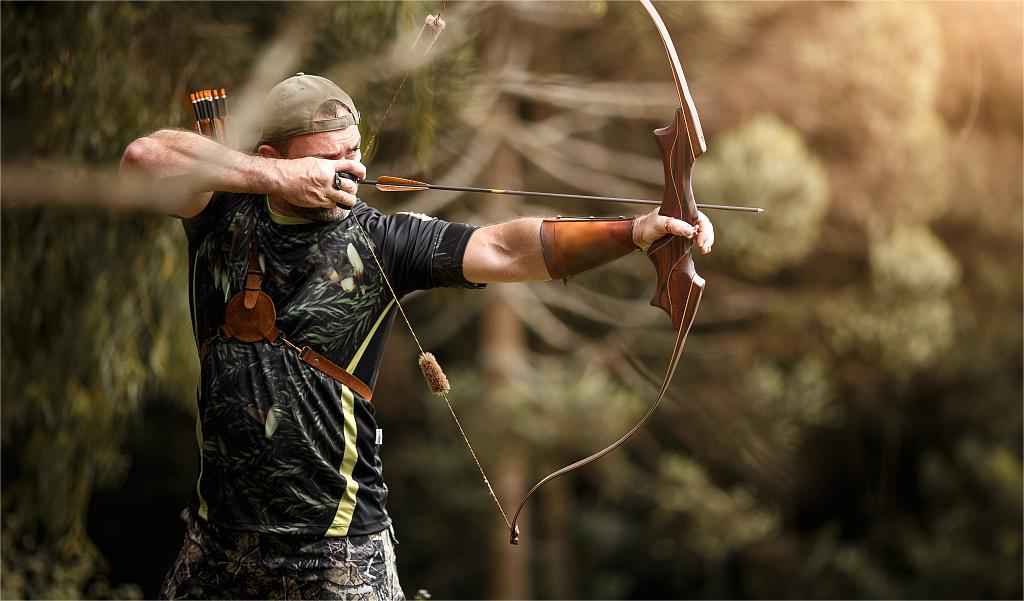
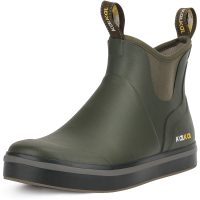

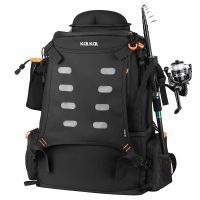
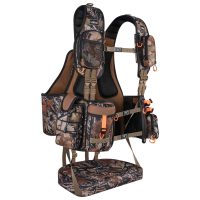






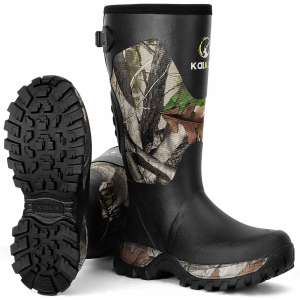
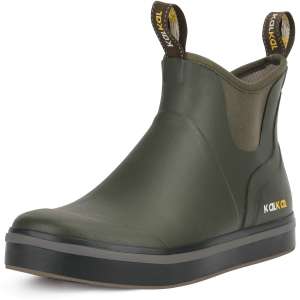
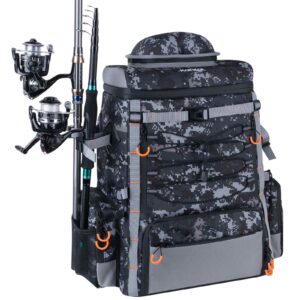
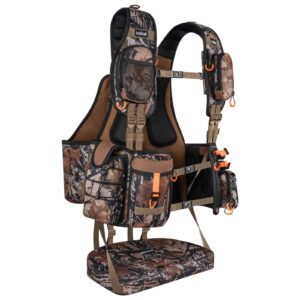



Leave a reply